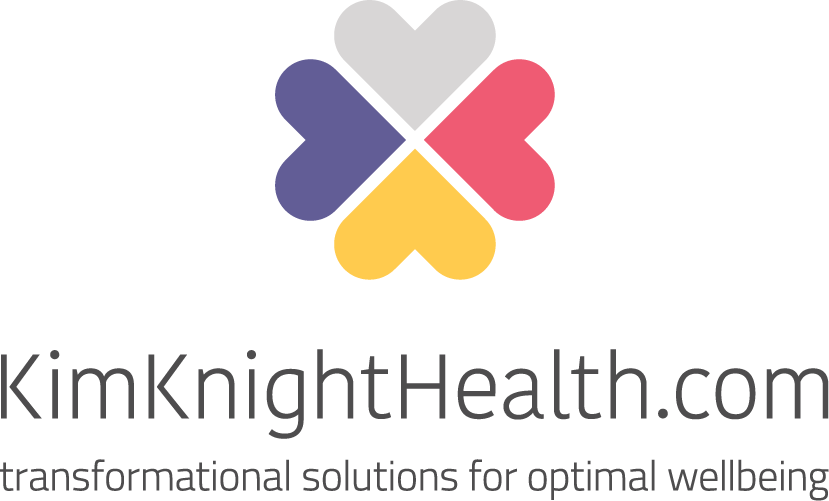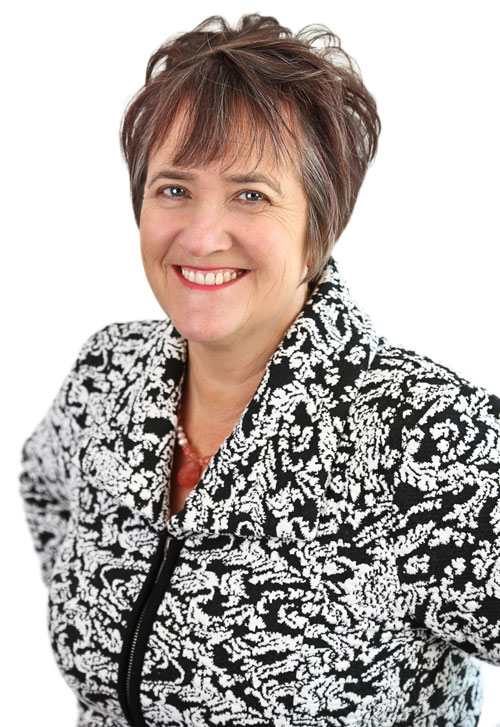Most people experience guilt, but not many question why, or know how to deal with it.
Over the years I have learnt there are essentially two types of guilt:
True (healthy) guilt… and false (unhealthy) guilt.
Let’s look at both of them.
First of all healthy guilt.
This is the type of guilt we feel when we have genuinely done something wrong.
For example, we come home in a grumpy mood and take it out on our kids or husband by growling at them, leaving both us and them feeling pretty crap.
Or when we are on the phone to our phone company, and having gone through 20 different menus and having been on hold for 30 minutes, we finally get to speak to an operator and dump our frustration and anger on the innocent person on the other end of the phone (this has been one of my personal favourites in the past, I’m happy to say I’m much better at handling this now).
So what happens inside us when we do this?
We experience remorse. We feel bad and uncomfortable inside. We experience a sort of unease which just won’t go away unless…. we apologize.
This will often require feeling vulnerable and ‘swallowing our pride’.
So why is it we feel such discomfort and remorse when we inadvertently hurt others?
Because we have an inbuilt mechanism, which we could call a ‘treat people nice and be treated nice’ thermometer, which knows that if either we overstep other people’s boundaries, or have our boundaries overstepped, it feels bad.
This is good feedback to let us know either we have done something which we need to make amends for, or someone has done something to us which has overstepped our boundaries.
The only solution, if it is our ‘fault’, even though it can make us squirm, is to apologize, and then the body will literally breathe a sigh of relief and relax.
Have you noticed that?… when you make amends?… how GOOD it feels? How good and proud you feel about yourself, how the energy inside you just shifts, balances, harmonizes?
So try practising apologizing or making amends if you are not already, it’s the best feeling in the world.
So now we come to false guilt.
False guilt is when we feel guilty and we haven’t actually done something wrong.
This is actually a much more common sort of guilt!
For example, you have an uber busy schedule for the day, and you had planned to meet your mother for coffee, but you just know that something has to give in your day to take down the stress levels, and you know intuitively that rescheduling coffee is the wisest thing to do.
So you call your mother, apologizing profusely, and say you need to reschedule. Your body immediately relaxes inside because it knows you have done the right thing for it not to have to experience an overloaded stress feeling all day. Let’s say your mother says OK, but you know she is disappointed. Then your mind starts going into overdrive, and guilt seeps in fast, the mind going into overdrive with all the rationalizations (‘rational lies’) as to why you really shouldn’t put yourself first, and why you really should go and have coffee with your mother, even though you know it would stress you to the max.
This is false (unhealthy) guilt.
It’s the guilt that creeps in when you do what you need to for you by putting yourself first, by making yourself a priority, and then you feel bad about it.
Dig deeper, and you will find one core theme at the bottom of false guilt: not feeling worthy enough about yourself to make yourself a priority.
This lack of self worth is set up at an early age, by the age of 7 usually. It sits in the unconscious, silently running our behaviour with others, and it has to be dealt with if we want to stop feeling guilty for looking after ourselves properly.
Lack of self worth will lead us to all sorts of unhealthy behaviours such as never saying no to others, seeking approval from partners, bosses, children, friends…. driving ourselves to exhaustion by overdoing it, never communicating how we honestly feel. It’s a killer.
So next time you feel guilty, ask yourself “have I genuinely done something I need to apologize for? Do I have a squirmy feeling in my heart area (the barometer for true guilt) that will only be cleared if I apologize?” If the answers is yes, then apologize!
I now make it a conscious habit to apologize for true guilt. It’s sometimes difficult to do, but the rewards for myself and the other person are worth it, it feels SOOOO good!
And if the answer is ‘no, I haven’t done something I genuinely need to apologize for’, then breathe, and feel that feeling of guilt, and underneath the true feeling of unworthiness. Acknowledge it. Accept the truth of it. And put yourself first anyway.
Gradually over time, as you re-acclimatize yourself to making yourself a priority in your life, and your self worth grows, the guilt will lessen and eventually disappear. This takes time, it’s not an overnight fix, but as Rachel Hunger said in that old shampoo ad of the 90’s “It won’t happen overnight, but it will happen”.
Here’s to a guilt-free life!
About Kim
Kim Knight is a health and personal transformation coach specializing in medication-free solutions for stress, anxiety, chronic pain and exhaustion.
One of the modalities she uses to teach people how to create clear boundaries, put themselves first and learn healthy communication is Mickel Therapy.
www.mickeltherapykim.kajabi.com



